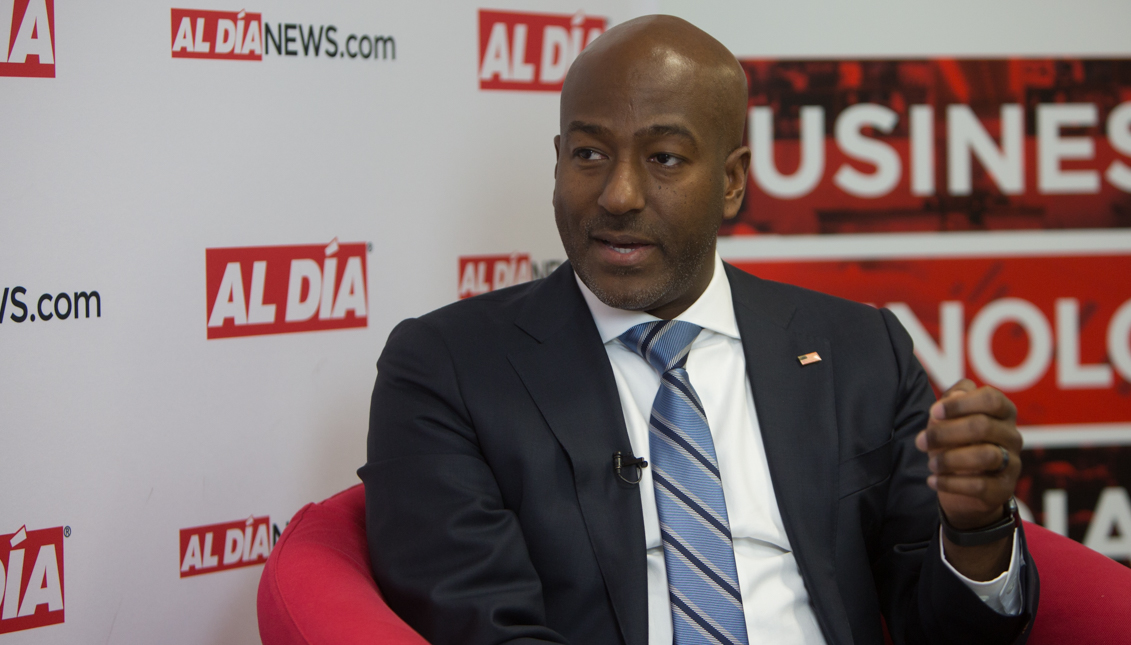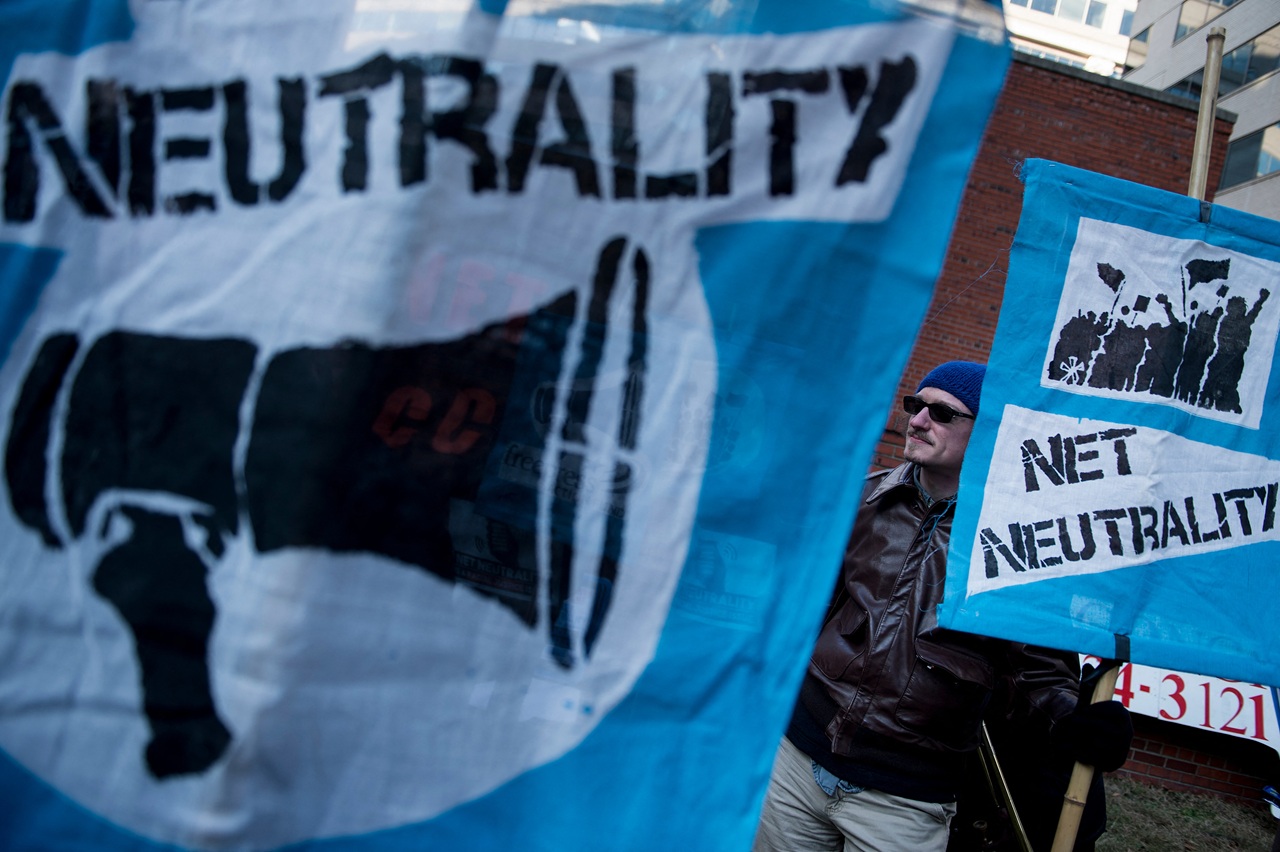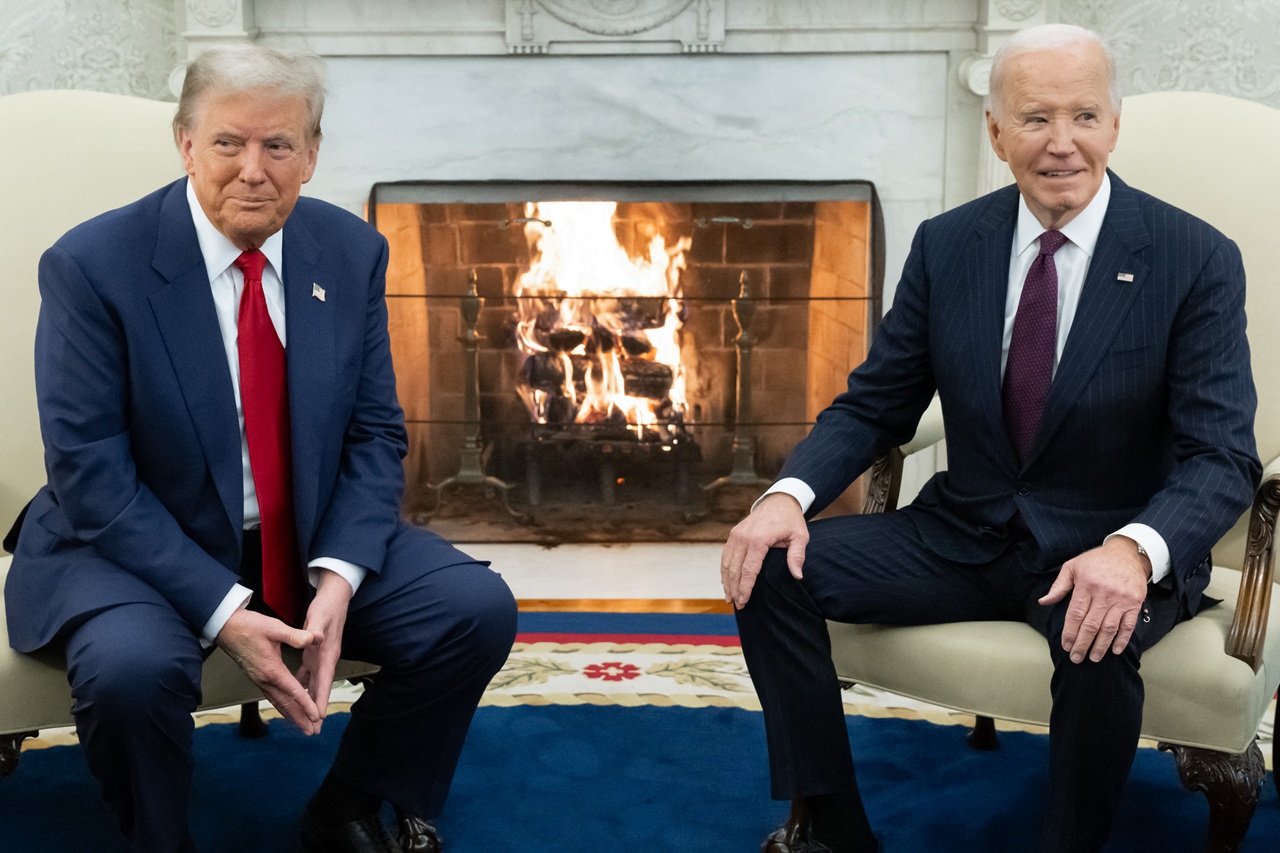
Meet your candidates: Kevin Johnson for U.S. Congress
Kevin Johnson is running against incumbent Rep. Dwight Evans for the Democratic nomination to represent the 3rd District of Pennsylvania, which includes neighborhoods in Central, West, and Northwest Philadelphia. The Pennsylvania primary election takes place on Tuesday, May 15.
Johnson lives in Overbrook Farms with his wife, Kimya Johnson, and three children. He is the president and CEO of the workforce development organization, Philadelphia OIC. He is also a faith leader and founded Dare to Imagine Church in Mt. Airy. His campaign for Congress prioritizes working families, focusing on issues such as public education, workforce development, healthcare, and economic empowerment.
With the redrawing of Pennsylvania’s congressional district map, Johnson believes “a new map requires new leadership.” The 44-year-old takes pride in the fact that he is not a “career politician” like his opponent.
(This interview has been edited for clarity and brevity.)
Why are you running for Congress?
I’m running for Congress because I care about people, and I want families to be able to experience what my children are experiencing. I know about poverty. I’m the first college graduate from my family. My first job was because of my grandfather, who only had a third grade education, who gave me an opportunity to work for him. He was a janitor. He had his own janitorial business. My first job was cleaning toilets. And he said, “Boy, make sure those toilets are spick-and-clean.”
So I really understand the challenges that people experience. I understand what it’s like to be the first. I understand what it’s like to carry the weight of your family on your shoulders, but I also understand what it is to help people get a job. That’s what I’ve been doing at Philadelphia OIC. Over the past three years, we have helped nearly 3,000 people get jobs, get trained for jobs.
We have developed programs, created new opportunities as it relates in hospitality, in the banking industry, the solar installation industry, and also in re-entry, in helping people get back into society who have been in prison for awhile. So there are a number of programs I could talk about, but for me, it’s about making sure that working people have what they need so they can provide for themselves and for their families.
Can you put into words what your proudest work has been with OIC?
To be quite honest, there’ve been so many things we’ve done well, I really can’t pinpoint just one, but I will give you two.
One is, we have an alternative school, and for this particular program we got the contract from the school district in August of 2017. We’re helping kids between the ages of 16 to 21 get their high school diploma, get credentialized into an industry, and we’re putting them on a pathway for them to go to college, or to go and get a job, or to do both. We have 131 students and a waiting list. I’m so excited about that particular program.
We also have an after school program, and I love this program. We started out with just one in the Kensington section, at H.A. Brown, and then the other one is in North Philadelphia at Ethel Allen. I go over to H.A. Brown, which has a primarily Hispanic student population, and I love being over there because I teach the young men how to tie a bow tie. It is the most challenging thing to do, because I remember my first time tying a bow tie, and what I share with them is, "If you can master tying this bow tie, just imagine what else you can do."
We’ll spend about 30 minutes working on it, and they’ll come up to me and say, “Dr. Johnson, look, I got it! I got it!” And for me, I tell them, “Yes, you got it. But now there are other challenges you’re gonna face in life, and the same way you mastered tying this bow tie, I want you to master these other challenges that you’re gonna face.”
CONTENIDO RELACIONADO
And so for me, that’s about the future. And it’s about helping families overcome, because someone helped me and I want to help other families, too.
How does your experience as a faith leader relate to politics?
I tell people that if you really want to get baptized into politics, go join a church. Because there are various beliefs and traditions, between being conservative and being liberal and being progressive, church is really a baptism under fire, and particularly when you’re the leader.
For me, my connection is to faith, I’m a graduate of Morehouse College, the same college that Dr. King went to, and I chose to go to Morehouse because I wanted to be in the tradition of Dr. King. We call it the social gospel. And what that means is is that it’s not just good enough to be a Christian, but how are you living out your Christianity? When I was naked, did you clothe me? When I was homeless, did you provide me shelter? When I was hungry, did you provide me food?
And so for me, this run for Congress is really an actualization of my faith to help more people. For me, this is what every person of faith ought to be doing. The tenets of your faith are to be a blessing to somebody else, and I believe that being a congressman is gonna help me help more people.
And really when I think about this—and this goes back to a question that one of my friends asked—he said, “Kevin, why do you want to run?” I said, we can brag about the 3,000 people that we’ve helped at OIC, but when I look at the poverty rate here in Philadelphia, it’s nearly 26 percent. That means that that’s close to around 400,000 people who are living in poverty. So I’ve helped three thousand. I still need to help another 397,000 people get out of poverty. And so for me, that’s why I’m running for Congress, is because I have a heart for the people.
As I drive down Lancaster Avenue, as I drive down Broad Street, when I make my way over to 19th and Diamond, I still see the pain, I still see the poverty that is there. If I go into Kensington and I see the opiate crisis and I see people walking around like zombies... That’s not American. And that’s not something I’m gonna stand for as a congressman.
For our full interview with Kevin Johnson, visit us on Facebook.










DEJE UN COMENTARIO:
¡Únete a la discusión! Deja un comentario.